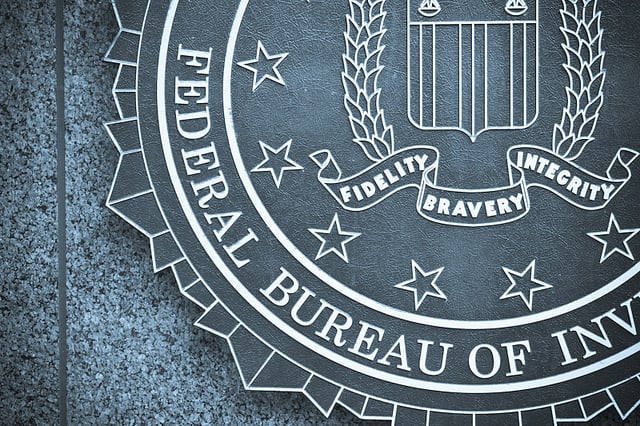Department of Justice Proposal to Legalize FBI Hacking Moves Forward in Courts
Oh boy, aren’t we in for a treat! The Department of Justice has proposed a new judicial rule change that would make it easier for FBI officials to obtain warrants for hacking into computer systems anywhere, and it’s moving forward quite fast just being approved by the U.S. Court committee.
Once again, landing the FBI and federal investigators one step closer to having our digital privacy annihilated.
Old bills impose federal search warrants as something an individual judge would have to approve under their jurisdiction, but federal officials are trying to bypass that. Currently, law enforcement agencies need to show probable cause, find the right jurisdiction to petition for a warrant, and then notify the person they’re planning to investigate, a cornerstone in our Forth Amendment privacy rights. But federal investigators feel these tactics hinder their ability to properly execute an investigation.
In older cases, federal officials have gotten legal permission to bypass court approval and conduct a remote computer search. Now the Department of Justice would like to expand itself and the FBI’s judicial power to have legal ability to conduct remote attacks and track down “criminals” using anonymizing software. Bypassing court and judge’s required jurisdiction entirely, factoring out courts need for approval.
Meaning, the FBI wants to move forward and defeat the Fourth Amendment, having the legal jurisdiction to surveil and exfiltrate data from any computer in the world, by whatever means officials set forward. The judicial rule change even proposes agencies could hack into systems legally and never be required to inform the public or outlying lower government.
In February 2015, Richard Salgado, one of Google’s top lawyers, wrote a blog post on the company’s opposition to the proposal:
“The proposed change threatens to undermine the privacy rights and computer security of Internet users. For example, the change would excuse territorial limits on the use of warrants to conduct ‘remote access’ searches where the physical location of the media is ‘concealed through technological means.’ The proposed change does not define what a ‘remote search’ is or under what circumstances and conditions a remote search can be undertaken; it merely assumes such searches, whatever they may be, are constitutional and otherwise legal. It carries with it the specter of government hacking without any Congressional debate or democratic policymaking process.”
However, there is still good news here, plenty of opportunities exist for the proposed rule to be denied by the court, just as the NSA reform bill was last week, making today, June 1st, the expiration of the NSA’s Patriot Act or legal ability to collect cellphone communications. In hindsight, if the proposed rule clears two more court systems, barring any Congressional intervention, it could take effect as early as December 2016. The date is alarmingly close, but the further the court systems approve the bill, the closer the reality of FBI hacking is, not to mention what the NSA’s data collection plans will reform to in the future.
We can only hope Congress and other political entities can help shoot down the rule before it proceeds, but public knowledge is the first thing we can do to shed light on the possibly soon-coming issue.
Sources:
Ars Technica
[Photo via Dave Newman/Flickr [CC BY 2.0]]







I feel sorry for the hard developments that are taken to undermine the human rights of the american citizen. Not only that influent people and freedom fighters are take out, even by the cause of death, no not only that, they want to complete their agenda, destroy what is in our way. People are also targets when they own money and do good deeds. Several of my best are gone because of these fact. And the way some europeians turned dummies and praising the american way it makes all possible to be the same future in europe, just by different covers.